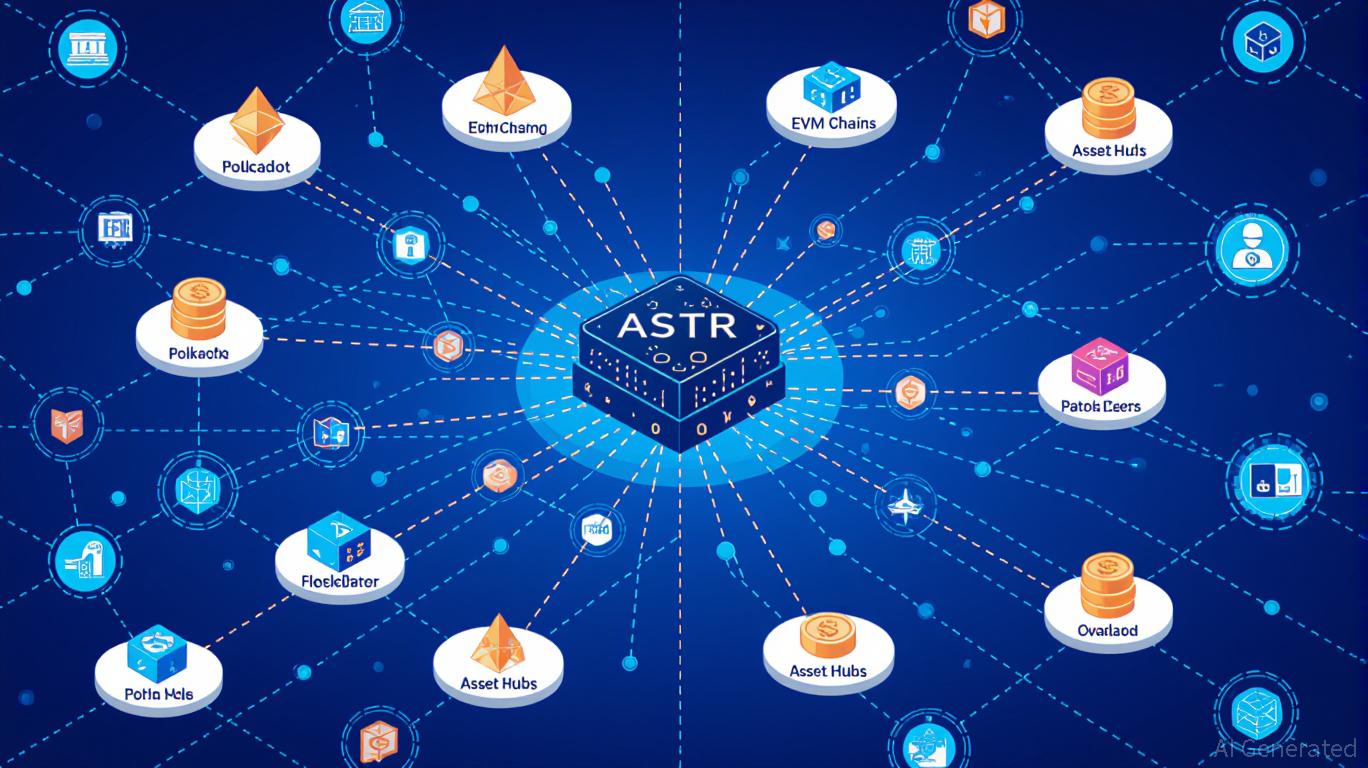When LGBTQ+ youth feel unsafe or unaccepted in their everyday environments, they often seek out online communities for connection. Two recent studies, one by The Trevor Project and another by Hopelab / Born This Way Foundation, both found that LGBTQ+ youth are more likely to experience depression, anxiety, and thoughts or attempts of suicide if they lack access to supportive online spaces.
“Most LGBTQ+ young people said they use the internet to find others because it’s challenging to do so in their offline lives, with 38% somewhat agreeing and 36% strongly agreeing,” The Trevor Project’s research reports.
Similarly, Hopelab’s findings indicate that 44% of LGBTQ+ youth feel very secure in online environments, compared to only 9% who feel that way in person. The data highlights that online communities are especially vital for the mental well-being of transgender youth.
“Transgender youth often have limited influence over their physical surroundings or the acceptance they receive locally,” the report explains. “Online platforms, however, can serve as alternative sources of support, offering emotional bonds, affirming messages, and valuable information.”
LGBTQ+ teens continue to face risks from the negative effects of social media, a topic that has been debated among U.S. lawmakers for years.
“Despite these dangers, LGBTQ+ youth continue to use online platforms, likely because of the many advantages they provide, such as community, support, and access to resources,” The Trevor Project points out.
These digital spaces encourage mutual encouragement. Hopelab reports that 74% of transgender youth say they frequently offer support to others online.
The importance of these online groups has grown as more than 600 legislative proposals affecting LGBTQ+ people circulate in the U.S., restricting expressions of queer identity. Twelve states have passed laws that limit conversations about sexuality and gender identity in schools, which may further isolate LGBTQ+ youth who already face higher rates of mental health challenges due to bias and mistreatment.
Although research shows that online communities can benefit LGBTQ+ youth mental health, advocates worry that new internet regulations might restrict young people’s access to these supportive digital environments.
 Image Credits:The Trevor Project
Image Credits:The Trevor Project
The Kids Online Safety Act (KOSA) is especially significant, having been reintroduced in May after passing the Senate last year but not advancing in the House during the previous session.
KOSA would give the government the power to hold social media companies legally responsible if they do not do enough to protect minors from harm.
In an earlier draft of KOSA, LGBTQ+ advocates expressed worries about a clause that would let state attorneys general decide what content is harmful to children—a concern given the ongoing debates over LGBTQ+ rights at the state level.
After being revised, KOSA would now allow the FTC to enforce its rules. This adjustment addressed some advocacy groups’ concerns under the Biden administration. However, when President Trump took office in 2024 and the FTC’s leadership changed, new worries emerged about possible federal regulation of LGBTQ+ online spaces.
“Because unsupportive environments and experiences can negatively affect LGBTQ+ youth, many may face mental health struggles and seek out online communities for connection and help,” The Trevor Project’s study states. “Using these reasons to justify restricting access to online spaces could be damaging, potentially increasing isolation and reducing support for LGBTQ+ youth, which may worsen mental health issues and suicide risk.”


